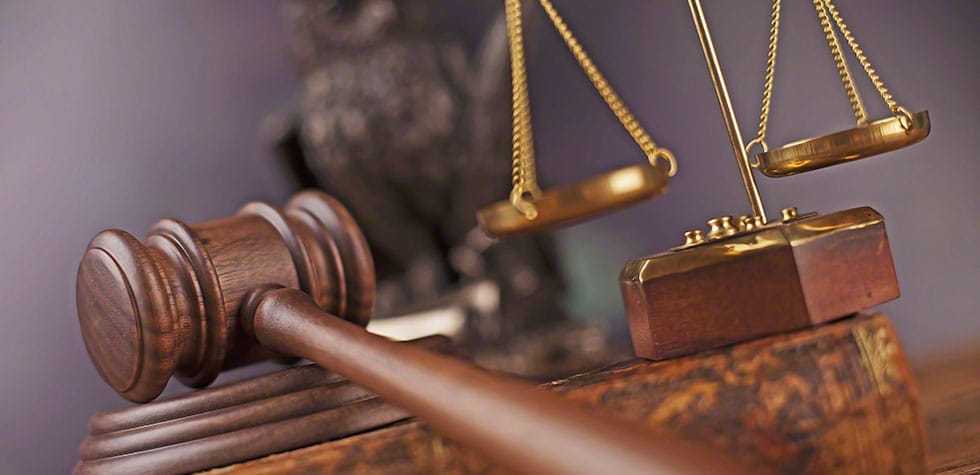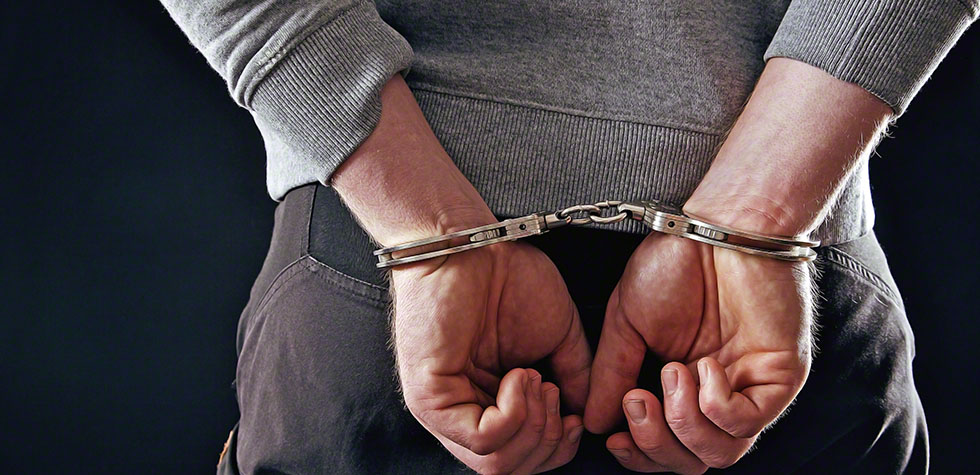Estate planning has a lot of tiny steps that lead to the completion of the asset division. One of those steps is getting an executor. But what exactly do they do? Can an estate planning attorney PG County be an estate executor? Here is what to know.
Executors – Who Are They?
When making end-of-life arrangements, estate plans and wills are very important things to go over. An executor is someone who is in charge of all of the assets and everything involved after the death of the owner.
An executor is appointed by the owner of the will, also known as the testator and it can be a close friend or a family member with a good judgment of character and an entirely neutral approach.
Duties Of An Executor
Here are the things that an executor must do:
In Charge Of The Assets
Yes, an executor is in charge of the assets, but what does that exactly entail? Well, after the death of the owner, it’s up to the executor to take care of the assets, any tangible and intangible assets so that no one can take advantage of the situation.
If the beneficiaries are still not of legal age, then the protection of the assets is the responsibility of the executor until the beneficiaries can take over.
Submitting The Will
Once the testator dies, the assets have to be divided. This is the basic gist of the estate planning process. To move forward with the process, the executor has to submit the will in court to get the asset division process in the pipeline.
Once the will is submitted, its validity and legitimacy is verified and then if all is good, the process moves forward. So, this is also up to the executor to act as quickly as possible, because these things can take time to wrap up. A certain time after the testator’s death, the will can be submitted in court.
A Legal Messenger
One of the many duties of an executor also involves informing all the people related to the testator about their death. They also let people like tenants living in the asset premises and stakeholders know about the probate process.
The executor is also like an informant and guide for the beneficiaries to navigate through the process of probate and what things they absolutely should know. The executor also keeps the beneficiaries in the loop of things regarding the status of the assets, how things are going, etc., so that nothing is overwhelming for anyone.
A Human Organizer
Another crucial duty of the executor is to ensure that all of the possible documents, like asset files, contracts, and other relevant paperwork is all in one place and ready to go. If the testator has a lot of assets, then this has to be done straight away, because there’s a high possibility of losing an important document along the way.
The executor is also responsible for making any inventory of the assets because keeping all of the information of assets in one place is crucial and easy for reference in the future, so it’s a high-priority task.
They’re The Decision Maker
The executor has another very integral responsibility on his/her shoulders and that’s the fact that they need to decide whether probate is even necessary for asset division or not. A lot of the time, estate plans and wills are made to bypass the probate process, which is extremely lengthy and it’s done on the terms of the court, so it can be pretty daunting, not knowing who will get what.
So, it’s up to the executor to decide whether the probate process is applicable to certain or all assets or not. This can speed up or halt the process of the asset division.
They Pay Remaining Dues
Assets can be quite confusing. If the testator hasn’t paid any remaining dues, debts, or even taxes applicable to the assets and has died, then it’s up to the executor to take over that role. The executor will make the payments, and clear all dues, and then after all of this is done, the asset valuation will be carried out.
You can’t get the estimate of an asset until it’s completely in the clear as far as taxes and dues are concerned. On top of that, the asset is not divisible until the dues and debts are cleared. So, as soon as it’s done, the better it is for everyone.
In Charge Of Maintenance
Mostly, assets consist of houses and properties where either people are living as tenants or there are small commercial setups. Whatever the case may be, it’s up to the executor to have everything maintained.
If a certain asset or property is not in use, the bills and maintenance costs have to be dealt with, so it’s the job of the executor to keep everything in tip-top shape. This is also similar to the case with the dues and debts of an asset and the maintenance charges, etc., are all deducted from the actual value of the asset.
Key Distributor Of Assets
The executor is the main driving force that brings asset division to completion. Even though they take care of the surface-level things, they’re also the representative of the testator as well as the beneficiaries, and they’re also the reason why the will is in court for the timely division of assets, so you can gauge how important the role of an executor is.
Until the assets are justly divided as per the instructions of the testator according to the will, the executor will not sit idly and let time pass.
Moreover, if there is probate litigation, the executor has to hire a probate litigation lawyer Largo to protect the assets and for handing them over to the beneficiaries named in the will.
What An Executor Doesn’t Do
Here are some things that an executor can’t, or at least shouldn’t, do.
Sell The Assets
An executor, even though they’re responsible for the assets and their financial dealings, can’t sell the assets or keep any part of it as their own as they please. They have to act according to the will and do everything beyond their duty to ensure that no one is taking advantage of the beneficiaries and what’s theirs.
If an executor is found doing something similar to the nature of this, then legal action can be taken and they even have to step down from the role.
Name Beneficiaries
An executor cannot name beneficiaries or change them. This is done by the owner of the assets or the testator only and they’re the only person in charge of making these crucial decisions. To set things somewhat in stone, the testator also mentions the names of the beneficiaries in the will or the estate plan and that can’t be altered unless the testator wants to.
An executor is only responsible for ensuring that the beneficiaries named by the testator are getting what they were promised after the death of the owner and that’s pretty much their main duty.
Conclusion
An executor is an integral part of the estate planning process and so choosing one is important. Discuss it with your estate planning lawyer Bowie. You can also make your lawyer the executor of the estate as well.




